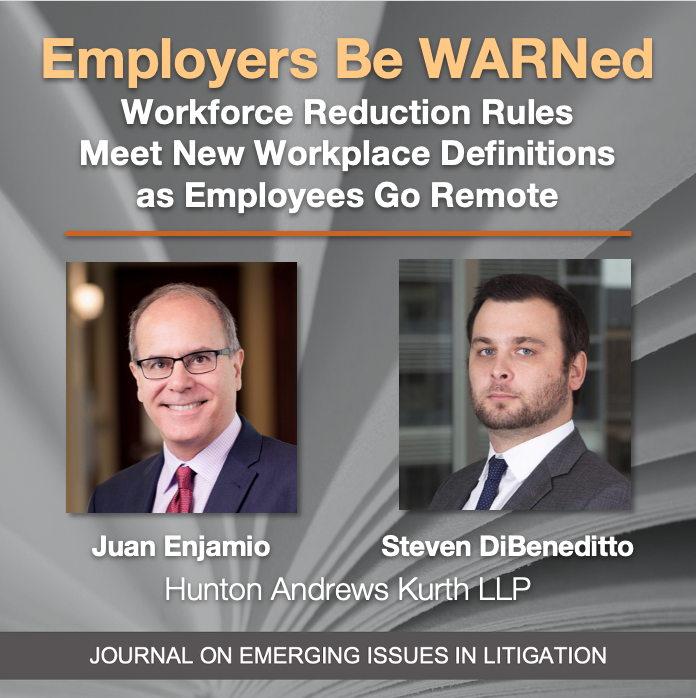Lost Profits in Commercial Litigation: Proving and Defending Damages
Lost Profits in Commercial Litigation: Proving and Defending Damages Leveraging Calculation Methodologies, Documentation, Expert Evidence, and Effect of COVID Lost profits are often the single most substantial aspect of the plaintiff's claim as well as one of the most contentious, challenging types of damages to prove and are particularly susceptible to attack.In the duel of experts over lost profits damages, both sides will want to analyze and present complex financial documentation as clearly and concisely as possible. Plaintiff's experts must put forth damages studies that are credible and can withstand cross examination from the opposition.In determining how best to counter the plaintiff's damages claim, defense counsel faces a delicate balancing act between defending against liability and discrediting the plaintiff's numbers as presented through a defense expert.Listen as our panel discusses the framework, bases, and aspects of lost profit damages calculations and how to prove or defend against lost profit damages. Outline Framework for lost profits damages Evidence/documentation Quantification of lost profits damages Presentation of lost profits damages Defending against lost profits damages A Strafford production specially selected for HB audiences. Derrick Boyd Founding Partner Boyd Powers Williamson Cameron Byrd Attorney Ahmad Zavitsanos Anaipakos Alavi & Mensing Dr. Allyn Needham, Ph.D., CEA Partner Shipp Needham Economic Analysis The panel will review these and other crucial issues: What evidence [...]



